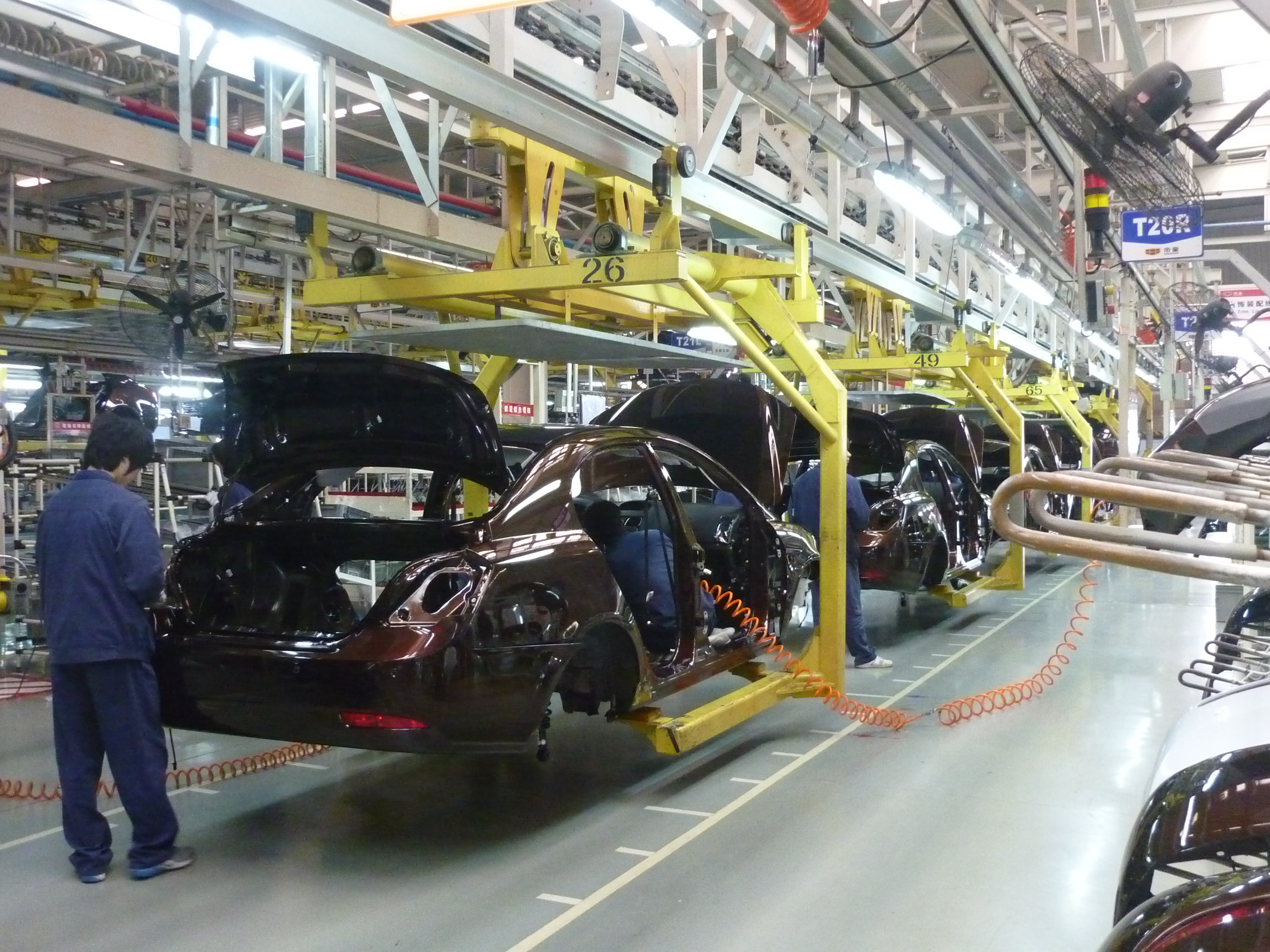South Korean electronics manufacturer Samsung Electronics Co. is going to become an owner of four percent stake in BYD, Chinese electric car manufacturer. Samsung is buying new shares in the amount of three billion yuan ($ 450 million), reports Korea Economic Daily.
Samsung representatives have confirmed talks with BYD, partially invested by Warren Buffett’s Berkshire Hathaway. The amount of the investment has not been disclosed.
The partnership between the two companies may strengthen the Samsung business of manufacturing microchips for vehicles, according to the company’s statement. "This investment will help us to develop production of chips for electric cars - said Samsung in the statement, - We plan to expand our cooperation with BYD on several fronts."
At that, the Korean company allegedly does not intend to take part in management of the Chinese company. BYD shares surged in Hong Kong trading by 5.2%, Samsung securities rose by 1.2% in Seoul.
In 2015, China surpassed the United States in the number of electric vehicles sold. The Chinese government plans to achieve sales of 3 million electric vehicles in the country by 2025.
High-tech companies are paying more attention to the car market. In particular, they are actively investing in electric cars and self-driving cars. Alphabet Corporation and Apple are developing their own electric models, and their Chinese "colleagues" are trying to keep up.
Several major Chinese companies have already announced projects of autopilot systems. For example, SAIC Motor Corp. and the Internet giant Alibaba Group Holding Ltd. recently presented a joint project - the world's first production car equipped with on-board operating system, which exchanges data with the Internet in the real-time mode.
Model OS'Car RX5 has been created in close partnership with state automotive company Shanghai Automotive Industry Corporation (SAIC). The new model boasts with an on-board computer, runs on the operating system Yun OS. The robot allows cars to communicate with each other messages thus avoiding obstruction of traffic.
According to Alibaba’s CTO Wang Jian, development of a "smart" Internet-connected car will allow the company to quickly implement autonomous control technologies in vehicles. In China, the car will cost $ 22,300.
Another major Chinese Internet giant, Baidu, will begin to test self-driving cars in ten cities in China to commercialize the technology within three years. Mass production will be launched within five years. The first test drive in mixed conditions has already been completed; tests in various weather and traffic conditions are about to come.
The Chinese plan to overtake American Tesla Motors, which already has a built-in autopilot. The system, alas, cannot be called a stable technology. There is still a great probability to get into an accident when driving is entrusted to the robot.
source: reuters.com
Samsung representatives have confirmed talks with BYD, partially invested by Warren Buffett’s Berkshire Hathaway. The amount of the investment has not been disclosed.
The partnership between the two companies may strengthen the Samsung business of manufacturing microchips for vehicles, according to the company’s statement. "This investment will help us to develop production of chips for electric cars - said Samsung in the statement, - We plan to expand our cooperation with BYD on several fronts."
At that, the Korean company allegedly does not intend to take part in management of the Chinese company. BYD shares surged in Hong Kong trading by 5.2%, Samsung securities rose by 1.2% in Seoul.
In 2015, China surpassed the United States in the number of electric vehicles sold. The Chinese government plans to achieve sales of 3 million electric vehicles in the country by 2025.
High-tech companies are paying more attention to the car market. In particular, they are actively investing in electric cars and self-driving cars. Alphabet Corporation and Apple are developing their own electric models, and their Chinese "colleagues" are trying to keep up.
Several major Chinese companies have already announced projects of autopilot systems. For example, SAIC Motor Corp. and the Internet giant Alibaba Group Holding Ltd. recently presented a joint project - the world's first production car equipped with on-board operating system, which exchanges data with the Internet in the real-time mode.
Model OS'Car RX5 has been created in close partnership with state automotive company Shanghai Automotive Industry Corporation (SAIC). The new model boasts with an on-board computer, runs on the operating system Yun OS. The robot allows cars to communicate with each other messages thus avoiding obstruction of traffic.
According to Alibaba’s CTO Wang Jian, development of a "smart" Internet-connected car will allow the company to quickly implement autonomous control technologies in vehicles. In China, the car will cost $ 22,300.
Another major Chinese Internet giant, Baidu, will begin to test self-driving cars in ten cities in China to commercialize the technology within three years. Mass production will be launched within five years. The first test drive in mixed conditions has already been completed; tests in various weather and traffic conditions are about to come.
The Chinese plan to overtake American Tesla Motors, which already has a built-in autopilot. The system, alas, cannot be called a stable technology. There is still a great probability to get into an accident when driving is entrusted to the robot.
source: reuters.com





